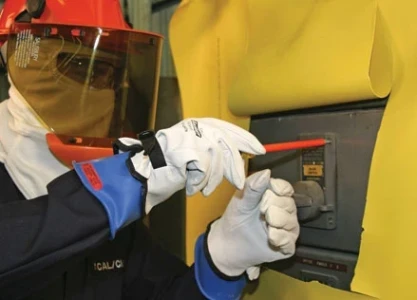
Introducing Intelligent Power Today
Welcome to Intelligent Power Today Magazine, our publication that explores and explains the who, what, where, when, why and how of intelligent electrical devices, a collection of complex mechanical devices and sophisticated control systems used in industrial, commercial, and institutional facilities—also known as intelligent buildings.
According to the Institute for Building Efficiency, intelligent buildings use smart technologies to improve system functionality, control operating costs, and to keep building occupants safe, secure, comfortable, and, of...










